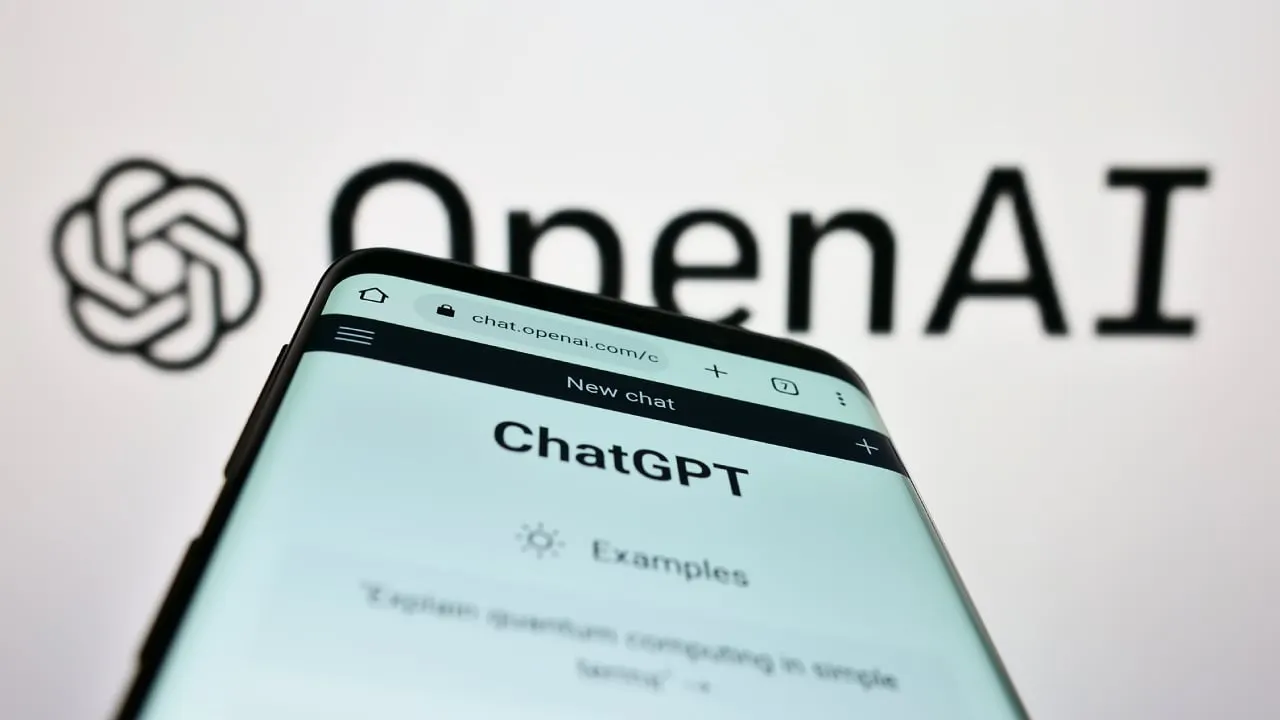
OpenAI, the artificial intelligence research company behind ChatGPT, pushed back the launch of its Voice Mode on Wednesday, a standout upcoming feature that made waves when it was showed off at its product update last month. The company said it needs “one more month” to work on it—and the announcement has sparked harsh criticism from users and the AI community.
Its Voice Mode was perhaps the most compelling announcement at the OpenAI event, unveiled alongside the release of its latest large-language model, ChatGPT-40. It allowed users to interact with the chatbot via voice and engage in a natural-sounding conversation.
The demonstration also invited comparisons to the science fiction film “Her,” featuring a virtual companion voiced by actress Scarlett Johansson. Johansson soon threatened OpenAI with legal action over the similar-sounding voice, and the company soon announced it was removing the voice from its library.
In announcing the delay, OpenAI said it was unable to advance the feature in a limited “alpha” release in June as planned because it needed more work.
“We’re improving the model’s ability to detect and refuse certain content,” the company explained. “We’re also working on improving the user experience and preparing our infrastructure to scale to millions while maintaining real-time responses.”
We’re sharing an update on the advanced Voice Mode we demoed during our Spring Update, which we remain very excited about:
We had planned to start rolling this out in alpha to a small group of ChatGPT Plus users in late June, but need one more month to reach our bar to launch. For example, we’re improving the model’s ability to detect and refuse certain content. We’re also working on improving the user experience and preparing our infrastructure to scale to millions while maintaining real-time responses.
As part of our iterative deployment strategy, we’ll start the alpha with a small group of users to gather feedback and expand based on what we learn. We are planning for all Plus users to have access in the fall. Exact timelines depend on meeting our high safety and reliability bar. We are also working on rolling out the new video and screen sharing capabilities we demoed separately, and will keep you posted on that timeline.
ChatGPT’s advanced Voice Mode can understand and respond with emotions and non-verbal cues, moving us closer to real-time, natural conversations with AI. Our mission is to bring these new experiences to you thoughtfully.
——OpenAI
Users didn’t like what they read, and OpenAI’s announcement quickly met a wave of disdain from the AI community.
Many critics were quick to point out OpenAI’s history of overpromising and underdelivering, comparing its track record to its competitors. “Be like Anthropic,” tweeted AI enthusiast Ashutosh Shrivastava. “They don’t demo and create hype only to go silent for 3-4 months.”
AI Youtuber Matt Wolfe claimed the delay is part of OpenAI’s business strategy.
“Show off something exciting to demonstrate how far ahead of everyone else you are and then never actually let people use it,” he said, calling the move the “Sora Treatment.” Generative video tool Sora is another OpenAI product that has received extensive praise but is still not widely available.
Benjamin De Kraker, creator of FinalFrame AI, shared his frustrations, claiming that OpenAI touts specific features that are later killed due to lack of use or interest.
“Plugins died, GPT Store died, Voice is delayed, Memory is mediocre,” he tweeté, “Core model and API are solid, but all the ‘this changes how people use AI!’ hype stuff has bombed.”
The delay has also led many users to question the value of their ChatGPT Plus subscriptions. Peruvian medical researcher Patrick Wieghardt suggested that it might be time to end his subscription, while another user stated that they had already canceled theirs. “Right now I see no point in paying for what you’re offering for free anyway,” an AI newsletter publisher wrote.
Some observers think the full release of Voice Mode could be several months away. Ryan Morrison, AI Editor at Tom’s Guide, said he believes mid-November is a more realistic timeframe—after the U.S. elections.
Lire l'article original
© Copyright Notice
Le droit d'auteur de l'article appartient à l'auteur, veuillez ne pas le réimprimer sans autorisation.








